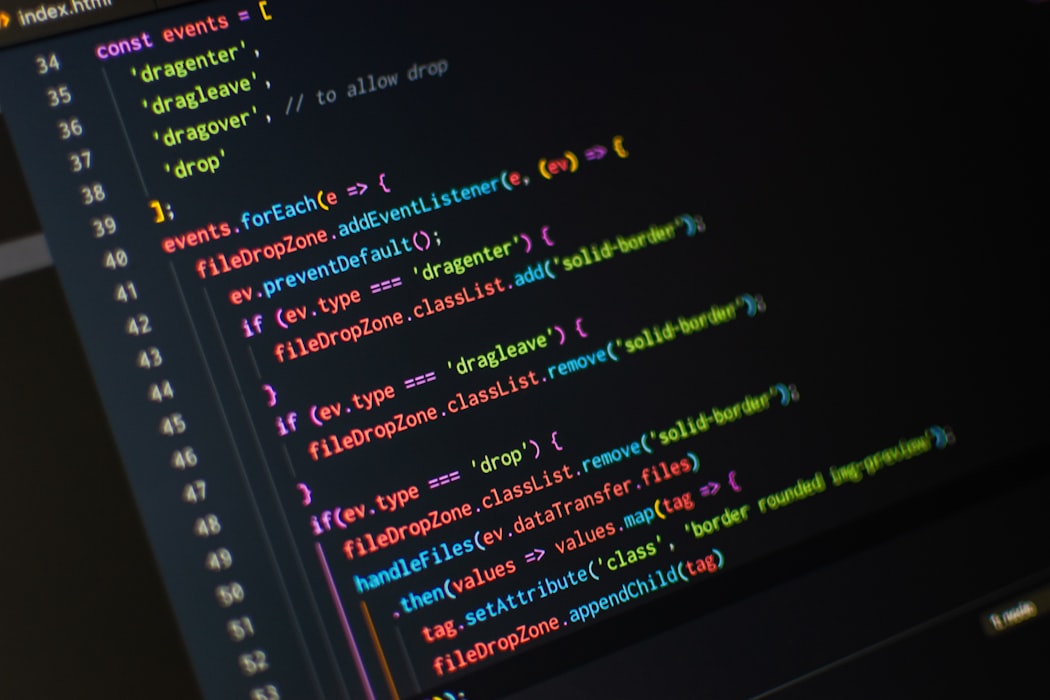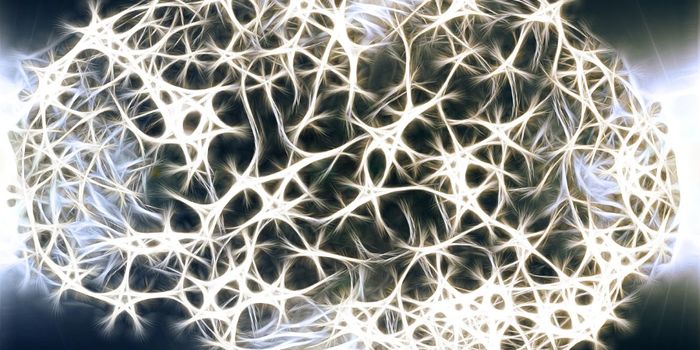Math vs Language: Learning To Code
Learning a computer program is very much like learning a new language. How so?
It involves training your eyes on new terminology and symbols. However, there are differences that greatly overshadow the similarities.
"Understanding computer code seems to be its own thing. It's not the same as language, and it's not the same as math and logic," says Anna Ivanova, an MIT graduate student and the lead author of the study.
Scientists at MIT have found that reading computer code activates a region of the brain that are not in any way involved with language processing. Instead, the region of the brain that it does activate—is called ‘multiple demand network’ which is recruited for complex cognitive tasks such as solving a difficult math problem.
"Here, we were interested in exploring the relationship between language and computer programming, partially because computer programming is such a new invention that we know that there couldn't be any hardwired mechanisms that make us good programmers," Ivanova says.
Learn more about diverse areas of our brain:
"It's possible that if you take people who are professional programmers, who have spent 30 or 40 years coding in a particular language, you may start seeing some specialization, or some crystallization of parts of the multiple demand system," says Evelina Fedorenko, the Frederick A. and Carole J. Middleton Career Development Associate Professor of Neuroscience and a member of the McGovern Institute for Brain Research. "In people who are familiar with coding and can efficiently do these tasks, but have had relatively limited experience, it just doesn't seem like you see any specialization yet."
Findings appear in eLife and open the doors to how coding should be taught—from a new language perspective or math? This could create a significant change to how we think about Computer Careers.
"There have been claims from both camps -- it has to be together with math, it has to be together with language," Ivanova says. "But it looks like computer science educators will have to develop their own approaches for teaching code most effectively."
Source: Science Daily









